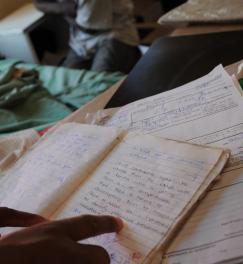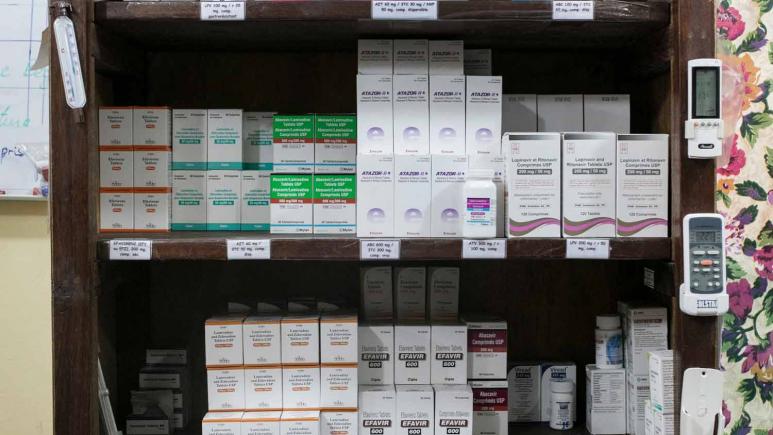New HIV first-line treatment study launched in Malawi
New first-line treatment study launched
At the request of the Malawi Minister of Health (MOH), Epicentre and Médecins Sans Frontières (MSF) have started a study on the use of the new recommended first-line treatment tenofovir-lamivudine-dolutegravir (TLD), in Chiradzulu District, Malawi.
The study in a nutshell
The Malawi MOH is rolling out tenofovir-lamivudine-dolutegravir (TLD) as first-line treatment, as per WHO-recommendation. Dolutegravir is a very potent new generation drug, and although the safety and efficacy profile of the new first-line treatment is good, little is known about its use in limited-resource settings. In particular a country's limited capacity to monitor viral load (VL) may be an important factor to consider. This study aims to closely monitoring the introduction of TLD in such a resource-poor setting at the sentinel site in the Chiradzulu District, Malawi. The study will introduce enhanced monitoring at the sentinel site to collect data on the treatment efficacy. Of particular interest will be the response to treatment in patients who may have pre-existing antiretroviral resistance.
A group of 2300 patients who were already receiving the previous first-line will be transitioned to TLD, as well as a small group of no more than 115 patients who will start antiretroviral treatment with TLD. The virological response of participants after TLD-treatment start will be monitored early and frequently up to 18 months after enrolment. All results of the follow-up tests will be made available to clinicians and patients so they can be directly used for patient management.
The findings of the study will help inform the Malawi MOH policy of replacing the current first-line regimen with a nationwide rollout of TLD and provide insight for clinicians and prescribers on clinical and virological monitoring that will be required for TLD first-line.
HIV/AIDS
Find out more







